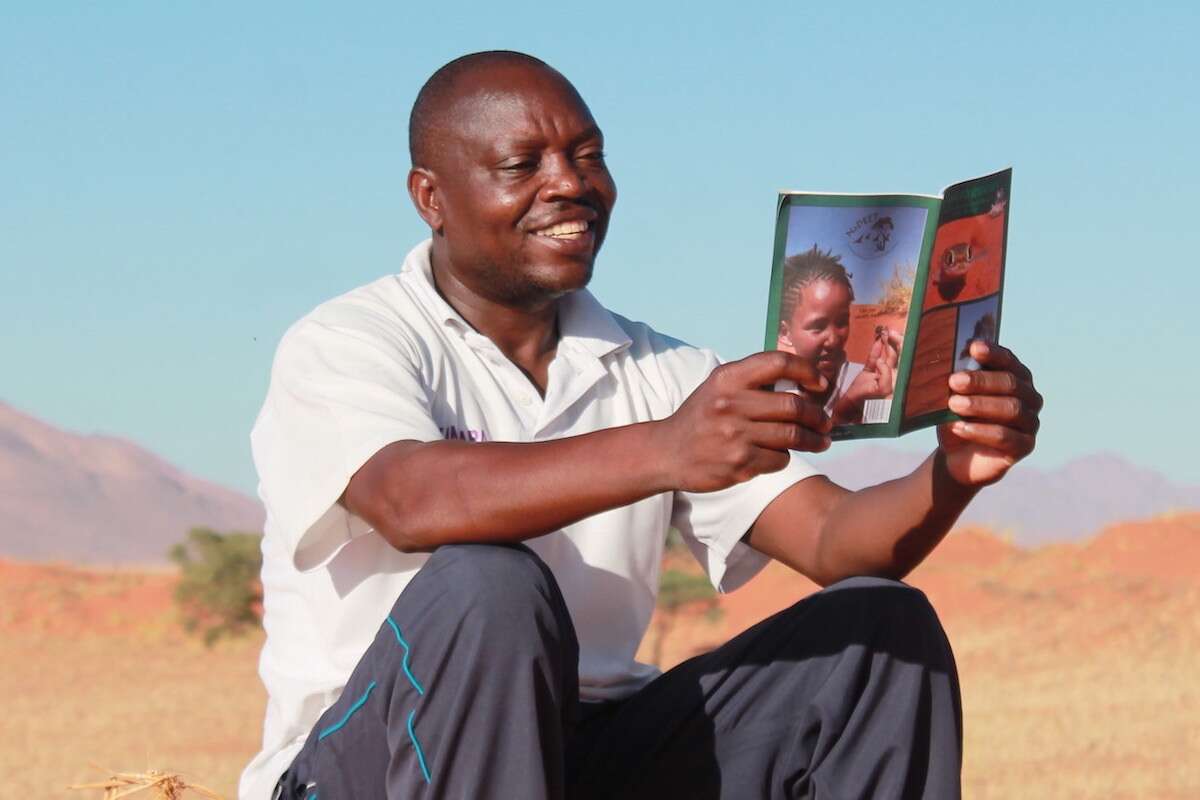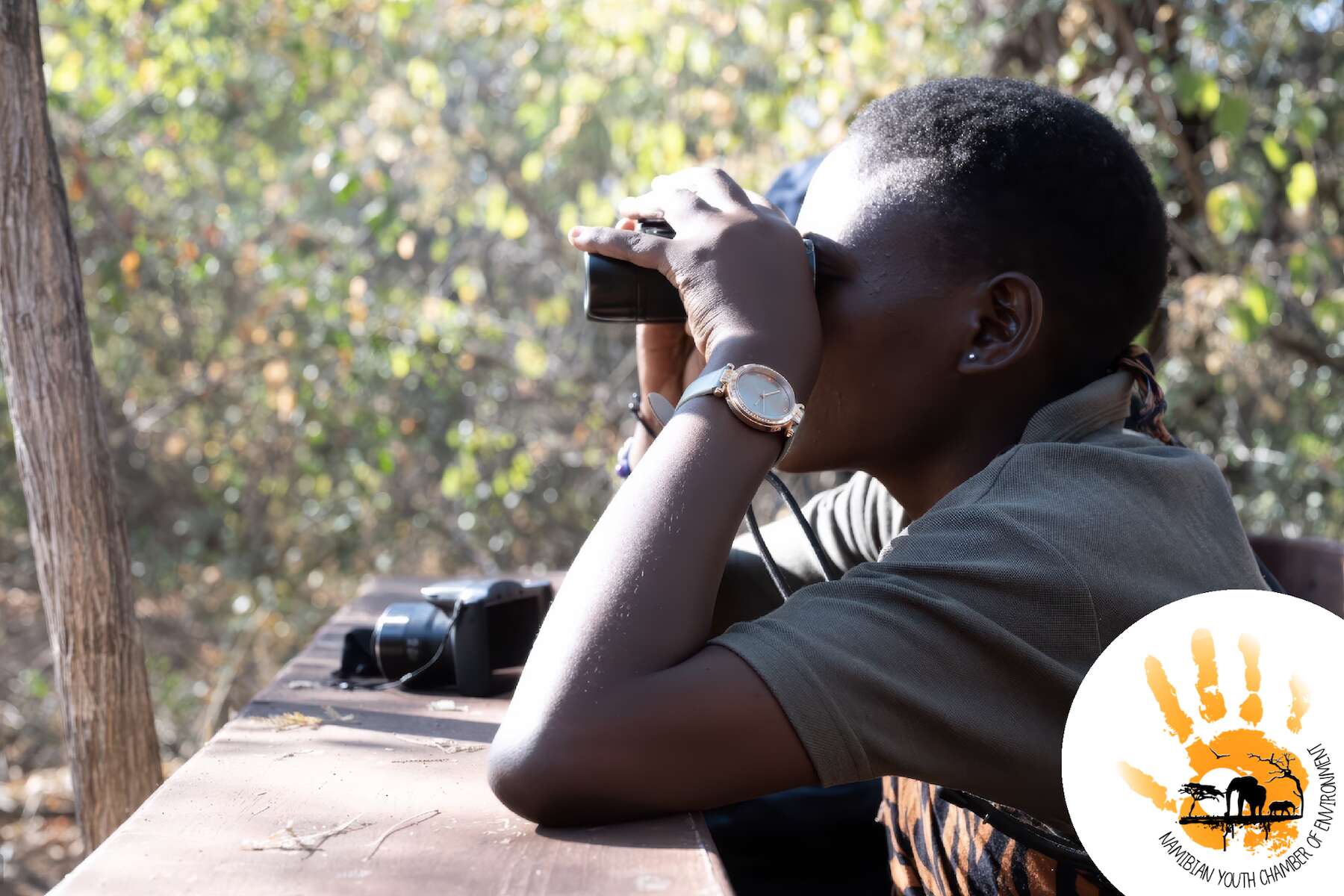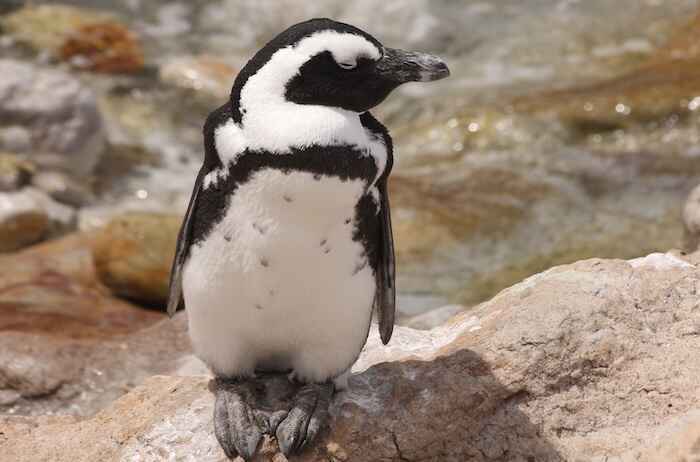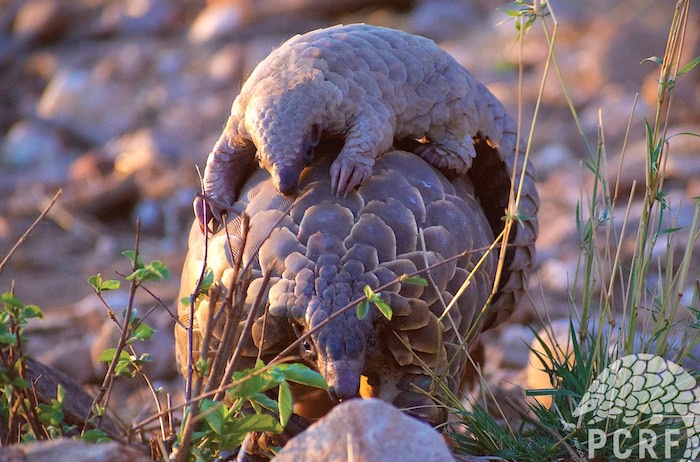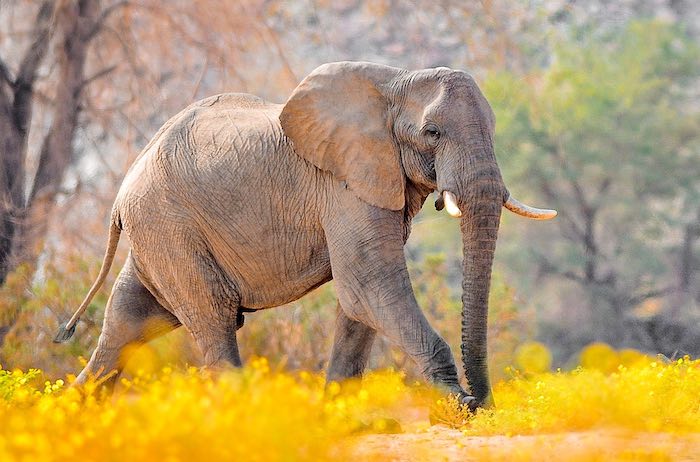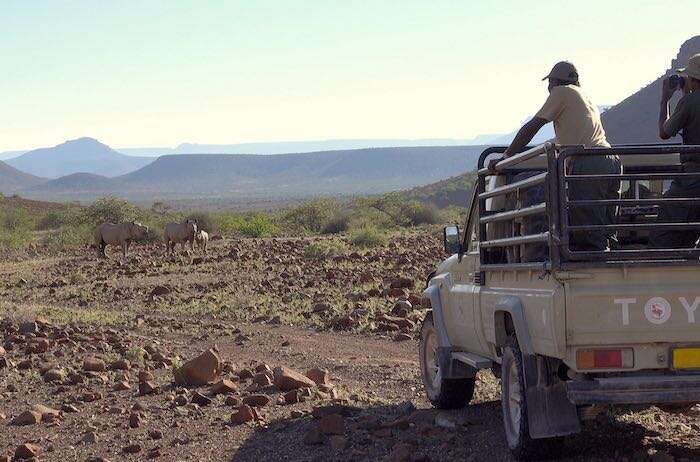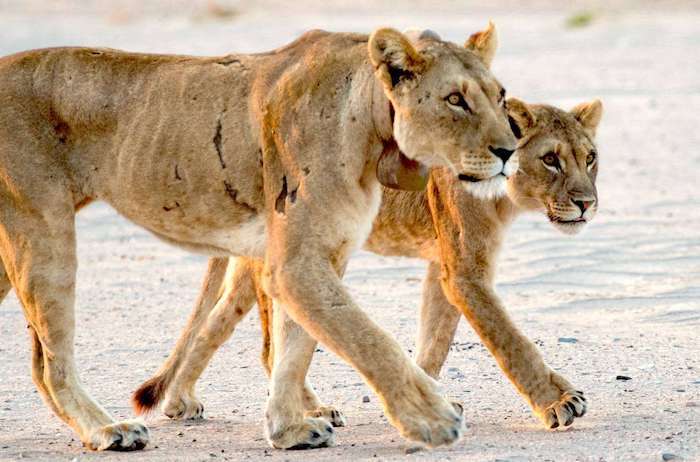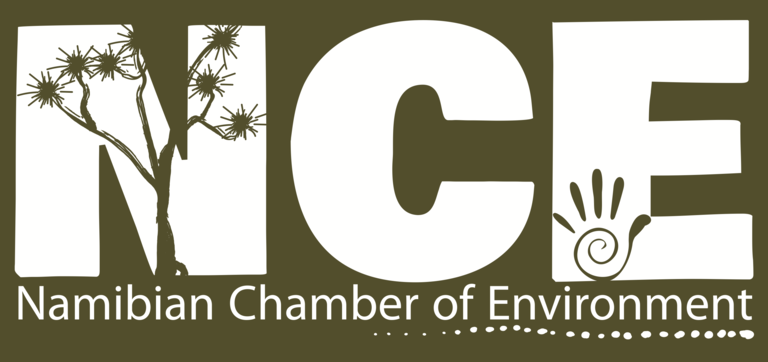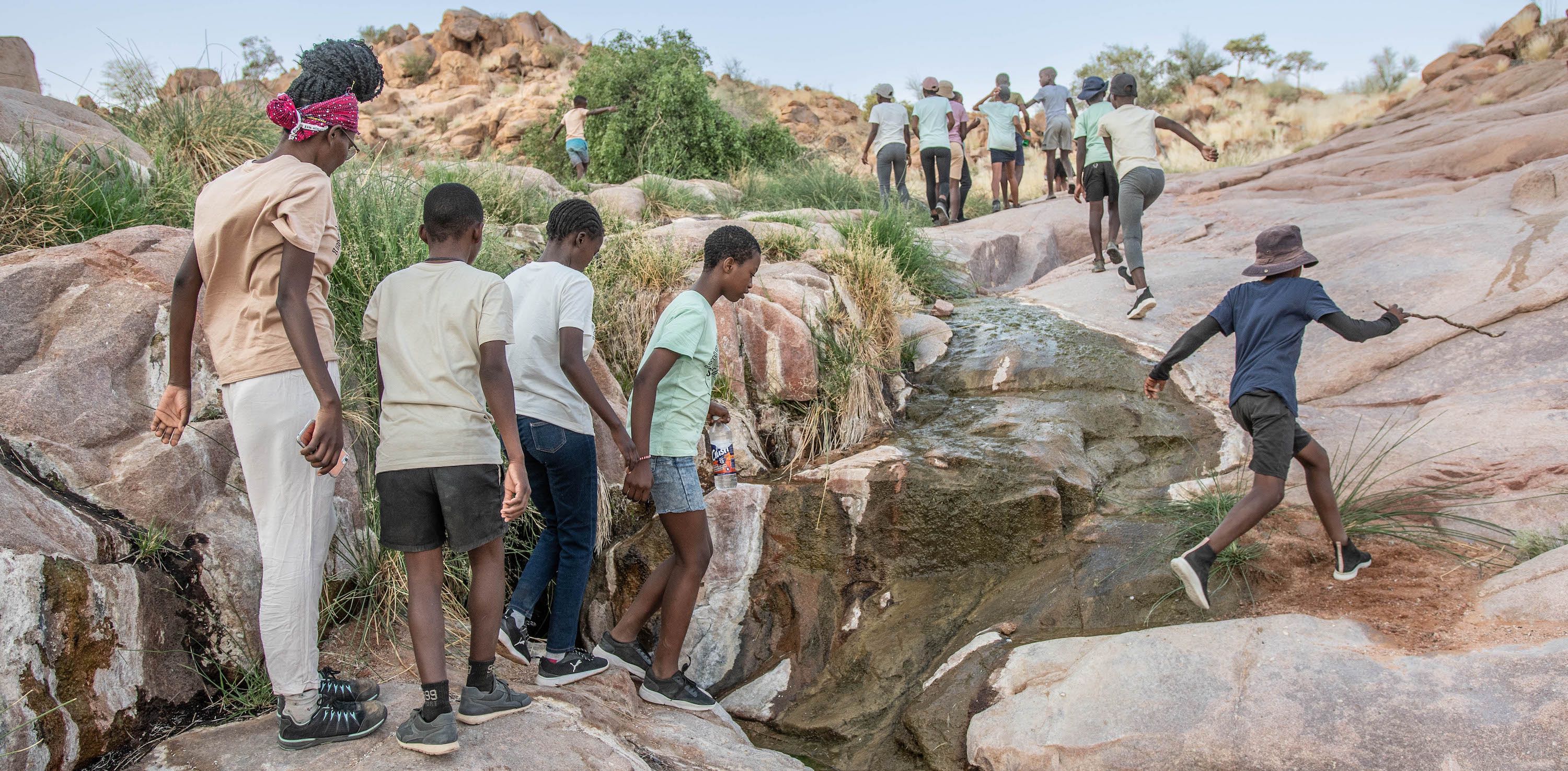
Inspiring action and creating change among rural Namibian primary school learners and their communities
7th November 2023
7th November 2023
In the heart of the rugged landscapes and untamed beauty of northwestern Namibia an extraordinary initiative has been unfolding, aimed at fostering environmental awareness among rural primary school learners. The Sustainable Environmental Education for Development (SEED) Programme was launched in September 2022 to nurture a sense of curiosity, deepen the connection to nature and redefine how children engage with their natural surroundings.
The SEED Programme is the latest initiative by Elephant Human Relations Aid (EHRA), a non-profit organisation dedicated to addressing the challenges faced by rural communities living with elephants in the Kunene and Erongo regions in northwestern Namibia. Since its inception in 2003, the organisation's mission has been to ensure the long-term survival of desert-adapted elephants through a community-based approach that includes education, research, development and physically protecting water points from elephants.
The SEED programme offers a unique 3-day environmental education opportunity for rural learners in grades 5-7 to experience outdoor learning. After years of working with schools in this part of rural Namibia, the EHRA team observed that compared with urban schools, many rural schools lack the resources to provide outdoor learning experiences. By offering this programme we hope to bridge that gap and help learners connect with nature and learn about environmental conservation.
During the programme learners are hosted at EHRA's eco-friendly centre which is situated on the beautiful Ugab River and overlooks stunning mountains. The eco-camp is located in the Erongo Region, 50 km from Uis and 85 km from Khorixas, and provides a peaceful and serene environment, an ideal setting for the learners to absorb the natural world around them.
The course involves hands-on activities such as arts and crafts, and interactive learning experiences such as games, group discussions and nature walks. By immersing learners in nature's classroom, educators can tap into the boundless wonders and hidden treasures of nature as a source of inspiration for each lesson. The learners embark on a journey that ignites their passion for environmental conservation, fosters a sense of environmental stewardship and empowers them to become advocates for conservation and sustainable development in their communities.
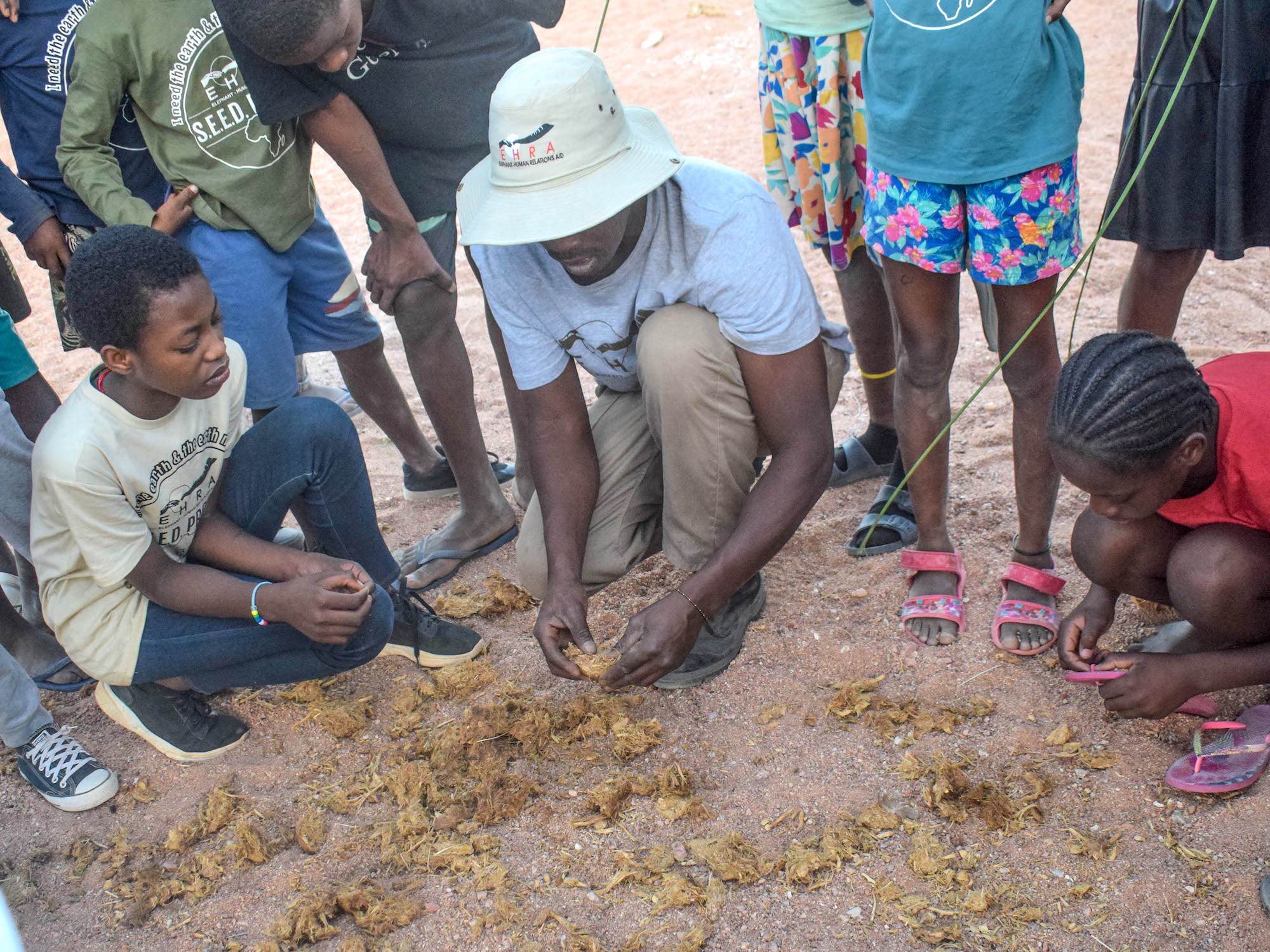
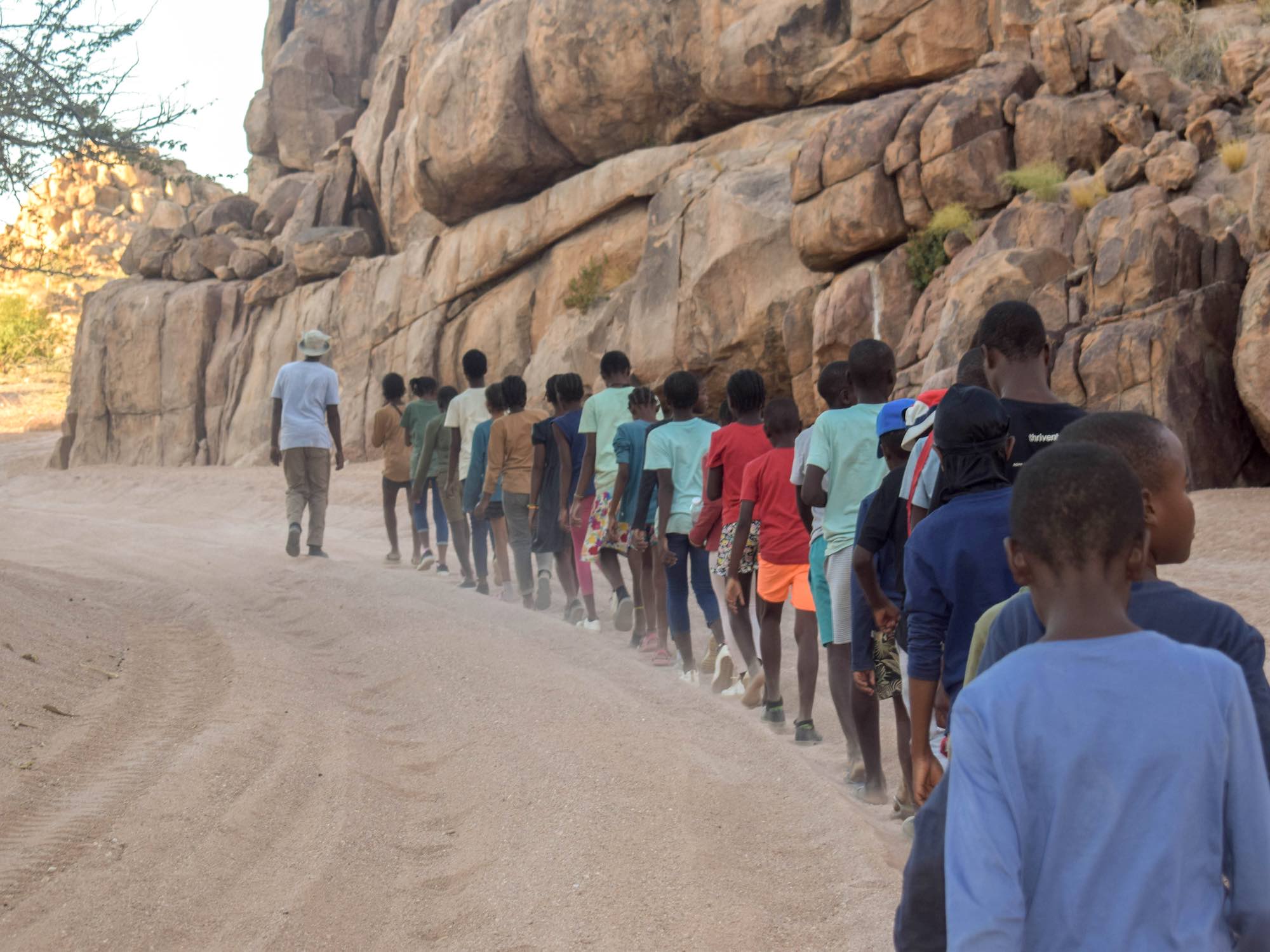
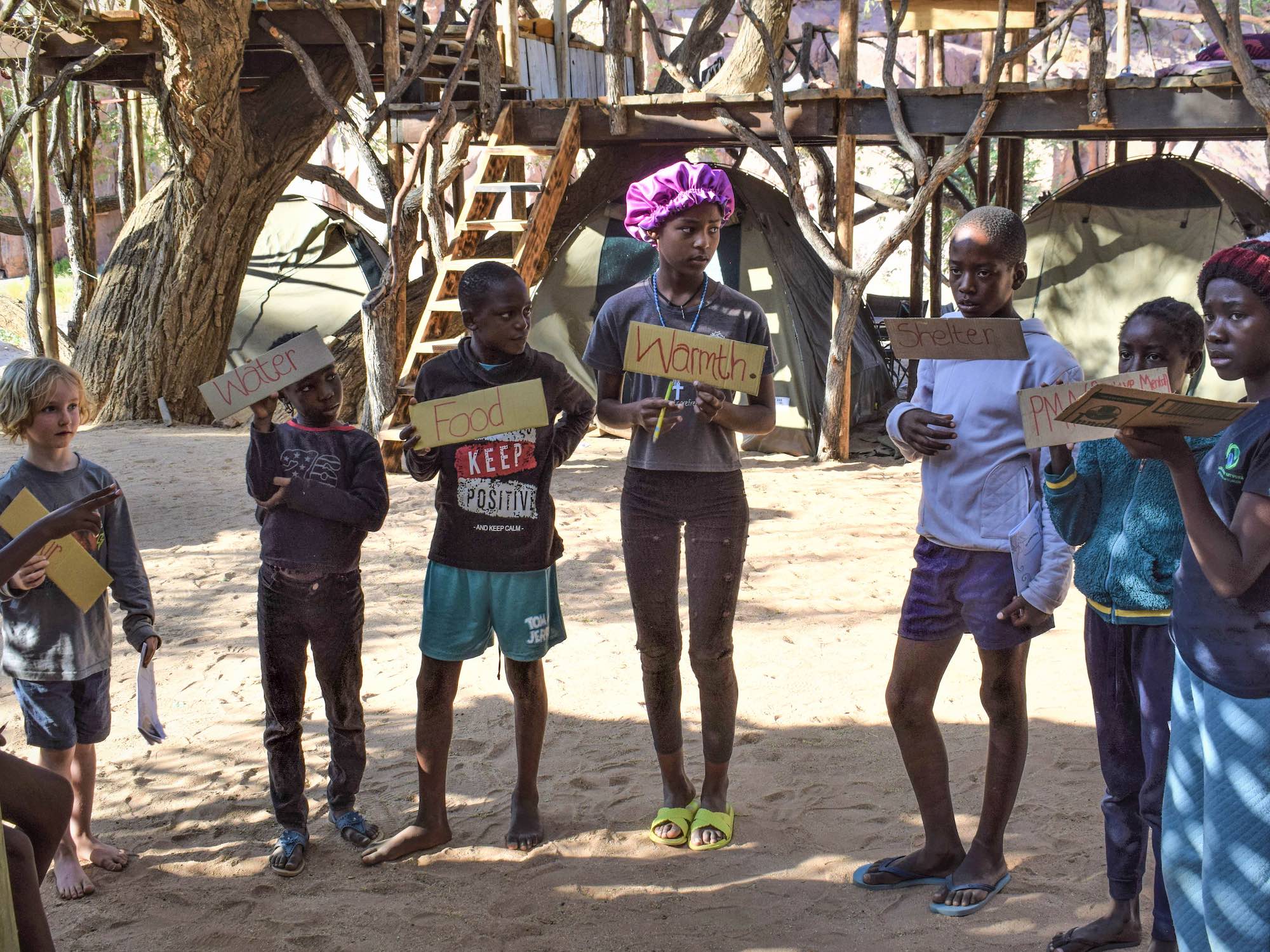
The impact of the SEED programme
Since its launch in September 2022, the SEED programme has achieved significant milestones. With the valuable support of the Namibian Chamber of Environment (NCE) we aim to reach at least 500 learners from 10 rural schools in the Kunene and Erongo regions by the end of 2024. At the time of writing, over 100 learners and 6 teachers from these regions have been involved in our courses.
Each child receives valuable learning materials to take home, including the illustrated workbooks titled I need the Earth and the Earth needs me. These workbooks reinforce the environmental messages the children learn during the course, allowing them to continue their learning and reflection at home. This 35-page booklet is designed to educate children on conservation and inspire them to take action to protect the planet. To ensure that the booklet is both fun and informative, it incorporates visually appealing graphics and interactive elements that cater to different learning styles. These include word-matching games, quizzes, colouring-in pages and fill-in-the-blanks exercises, all designed to engage kids while they learn about various environmental concepts.
The booklet covers a wide range of topics, including climate change, pollution and water and energy conservation. The final page of the booklet presents a pledge, urging kids to think of practical ways to care for their environments. By taking this pledge, children can commit themselves to making a positive impact on the planet and inspiring others to do the same.
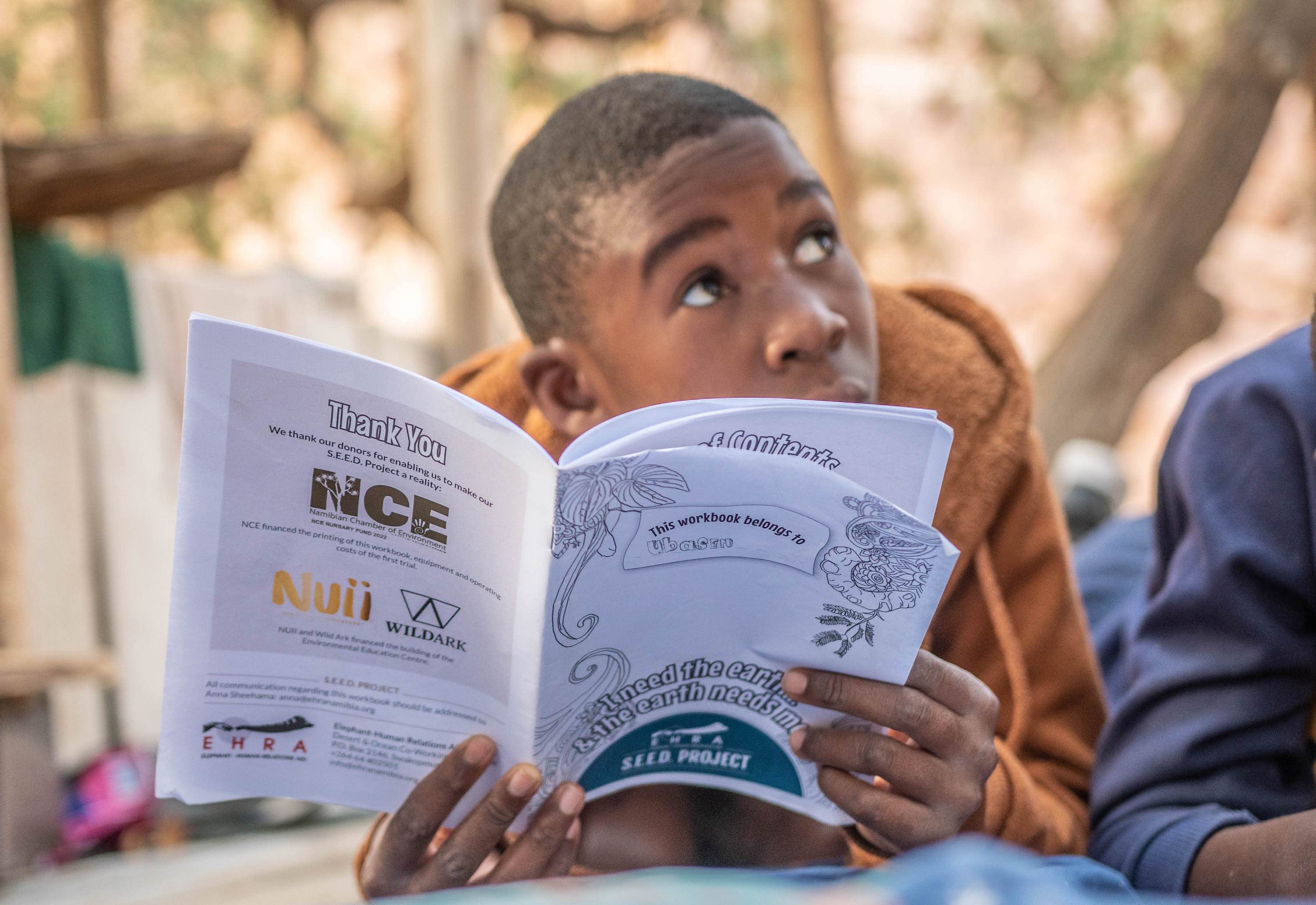
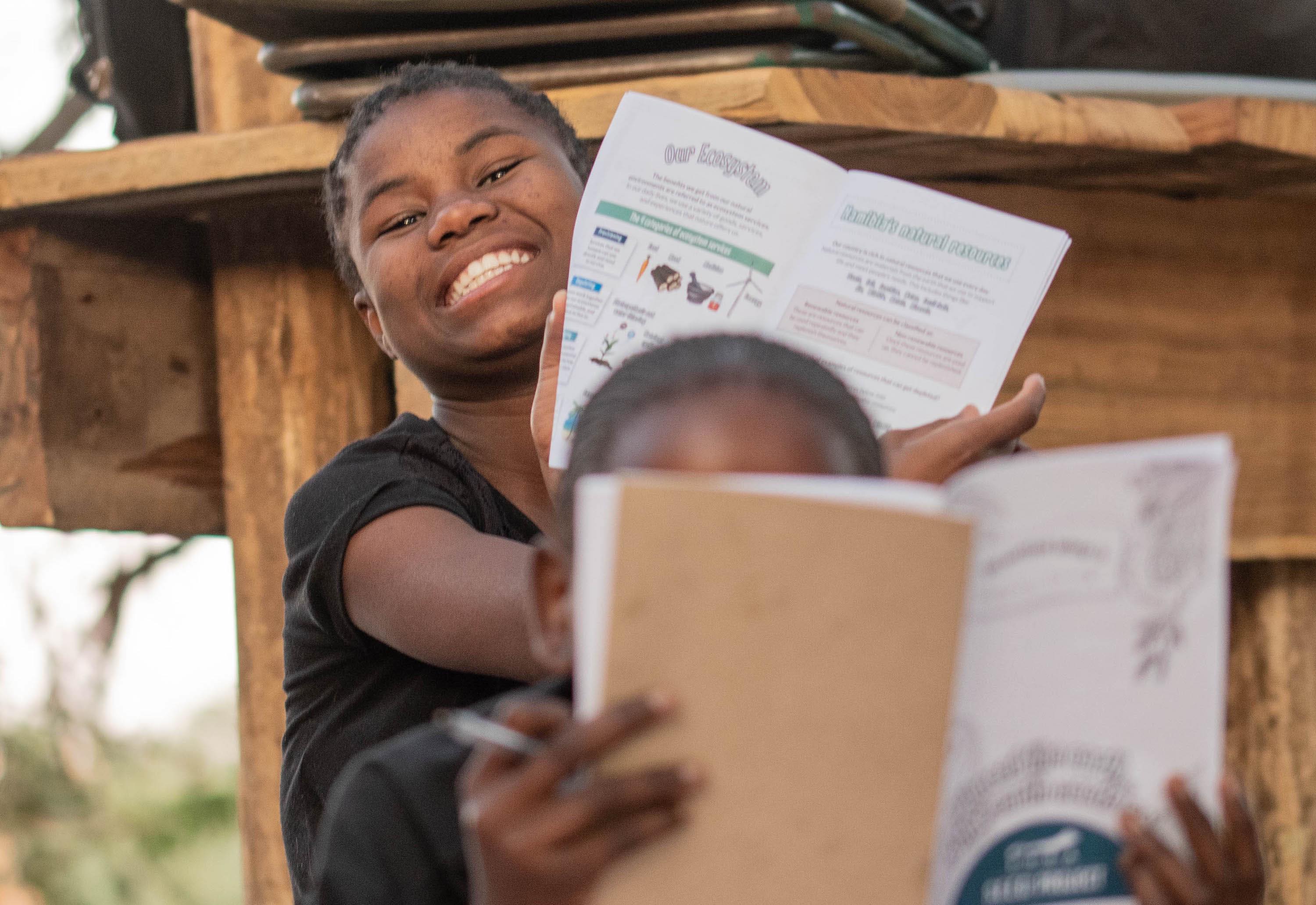
The ripple effect
Environmental education holds immense importance for young children, particularly in rural areas, where nature plays a vital role in their daily lives. The Kunene and Erongo regions boast unique and delicate ecosystems that need continuous conservation efforts to safeguard their rich biodiversity. By teaching children about the fascinating local wildlife, such as desert-adapted elephants, majestic lions, graceful gemsbok and other incredible species that can be found in their surroundings, we instil in them a profound awareness of the importance of protecting their habitats and living in harmony with nature.
Furthermore, we empower these children with practical skills that have real-life applications. Through engaging activities, they learn waste management, composting, safety measures during encounters with elephants and water conservation techniques, all of which are invaluable in these regions where water is scarce.
Beyond the immediate impact on individual learners, the programme seeks to create a ripple effect throughout their communities. The children, armed with newfound knowledge and a sense of agency, become catalysts for change in their schools, families and communities, thus amplifying the impact of our programme.
To monitor the impact of the SEED programme, we conduct surveys before and after each course to gather feedback and insights from the children. These assessments help us gauge the changes in their knowledge, attitudes and behaviour towards the environment due to their participation in our programme. This in turn enables us to adapt and refine the programme, ensuring that we achieve our desired outcomes and make lasting positive impacts on the children and their communities.
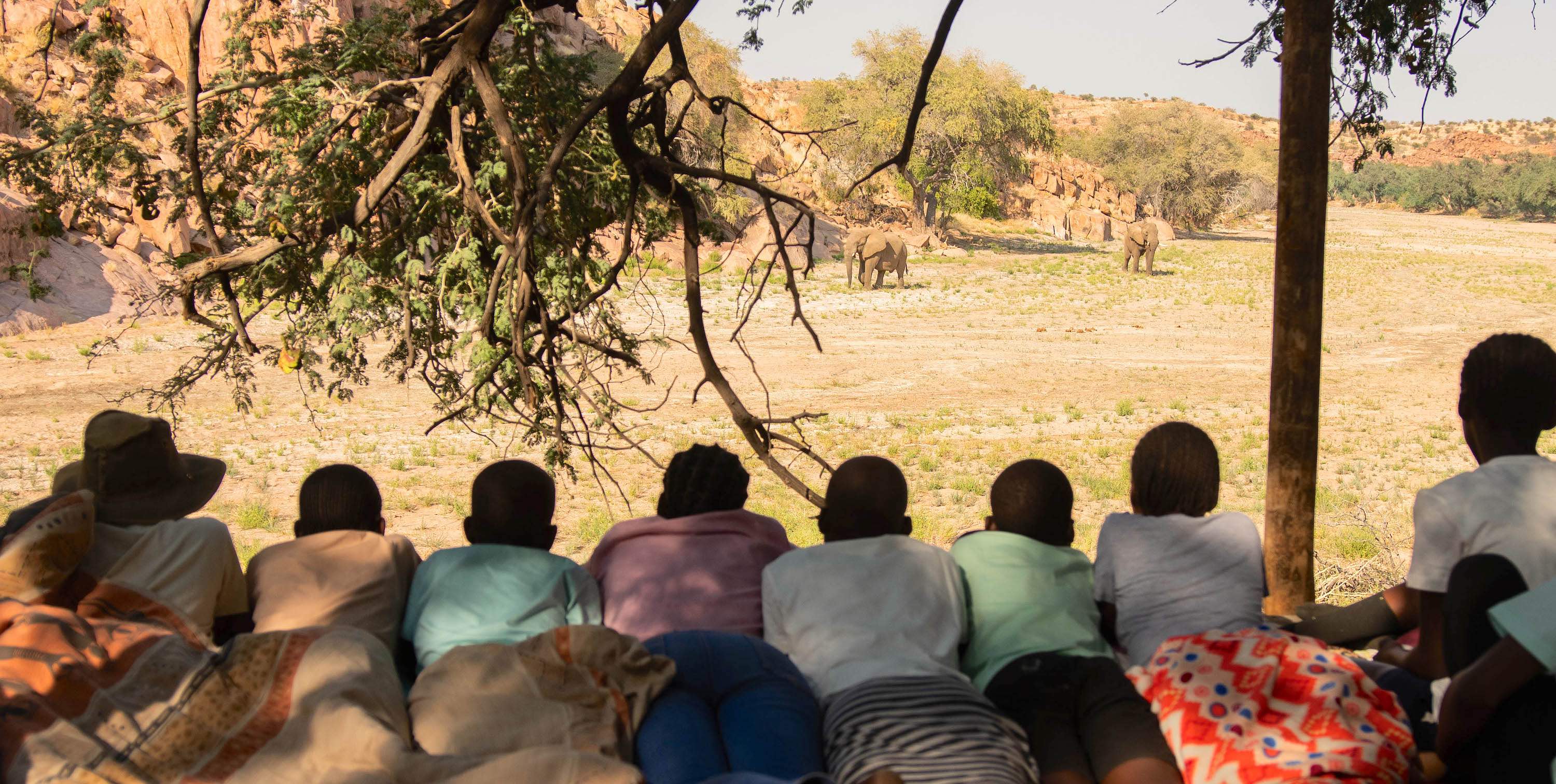
After attending one of our courses, one of the learners told us that the highlight of her time at the camp was learning about elephants and seeing them up close. She was so moved by the encounter that she promised to share the message with her friends and family: The nicest thing I enjoyed here at the EHRA camp is seeing elephants. I even told myself I will take this message home. I will tell my parents that if elephants come to our house, we must just be quiet.
SEED provides an opportunity for learners to immerse themselves in nature and gain a deeper understanding of the importance of conservation. Safe but powerful encounters with elephants is just one example of the transformative experiences that learners have at our centre.
The SEED programme is sowing the seeds of change in the form of an inspiring environmental education programme for primary school learners. With continued support and dedication our programme will inspire many generations of young environmentalists and lead us toward a greener, more sustainable future.
For articles on similar topics, please click one of the following options:
For more great articles from Conservation Namibia see below...
Conservation Namibia brought to you by:
We use cookies to monitor site usage and to help improve it. See our Privacy Policy for details. By continuing to use the site, you acknowledge acceptance of our policy.
